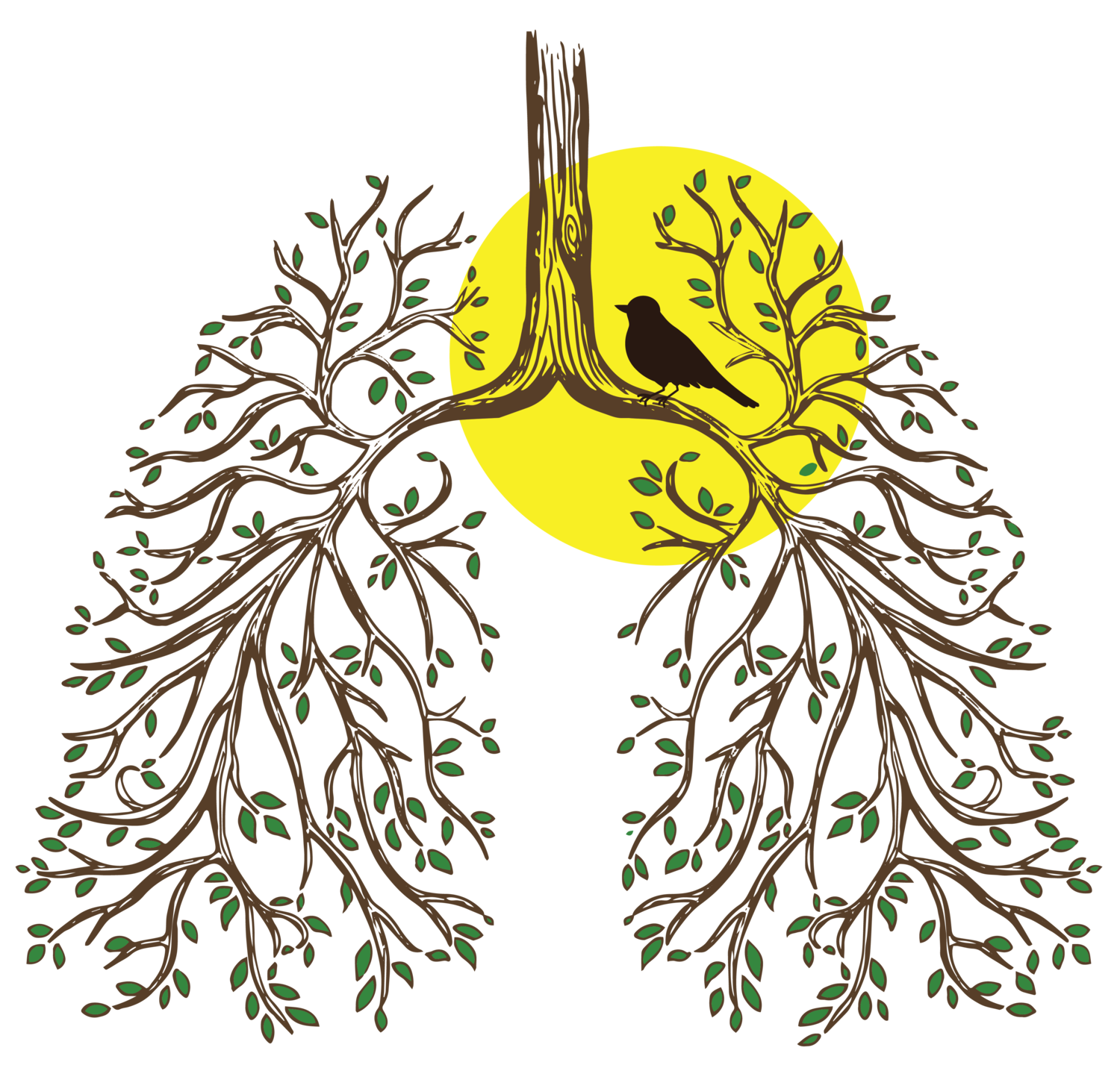PCD Strides & Needs.
STRIDES FOR PCD
In 1991, the founder of the PCD Foundation was told that there would never be research done on the genes that cause PCD because it was too complex. Today more than 50 genes associated with PCD have been identified. Identifying these genes allows for better diagnoses and is critical for future therapies based on gene modifications.
Another big stride for PCD is the creation of clinical centers across the country. Having clinical centers where PCD is a focus is necessary for people to be properly diagnosed, followed on a registry, and be able to participate in research. When the PCD Foundation was getting started in 2002 there were no clinical centers for PCD. There are now more than 40, with many more sites in process of joining the network. Additionally, two new centers focused on diagnostic services for PCD, Mayo Clinic and Children’s Hospital Colorado, have been accredited.
PCD clinical centers will also participate in the PCD Foundation Registry (PCDFR), a critical data collection effort to help expand our knowledge of the natural history of PCD and identify potential targets for therapies to help improve the health and quality of life for individuals with PCD.
A HUGE stride for PCD is the interest of pharmaceutical companies in doing clinical trials of their products in PCD. Two clinical trials specifically looking at treatments for PCD have been completed, and one (azithromycin use with PCD) has been published. The other, looking at a novel inhaled compound for thinning mucus, was recently published in the Lancet Respiratory Medicine. Both trials showed promising results and provide the foundation for additional clinical trials and regulatory approvals of treatments for PCD. To date, there are no approved treatments for PCD and all treatments used are borrowed from studies on other disorders.
NEEDS FOR PCD
There are still no approved therapies exclusively for PCD. Historically, PCD treatments are based on research for cystic fibrosis, or asthma, or COPD, but not PCD. These treatments may or may not be what is appropriate or best for the needs of those with PCD. The PCD Foundation has spent years developing a ‘Path to Clinical Trials’ with PCD expert centers and a registry to prepare for future trials of therapies that will improve quality of life and ultimately lead to cures for PCD. That future is now! Gene-based therapy trials to treat the underlying cause of PCD will be starting soon and multiple trials of therapeutics to improve quality of life for patients are currently underway. Now is the time to find better therapies and improve the lives of those with PCD!


